Optimal Timing for Log Siding Stainings
Determining the optimal time for log siding stainings depends on weather conditions and wood condition. Proper timing ensures the stain adheres well and provides lasting protection. Typically, staining is recommended during dry, mild weather periods when temperatures are moderate.
Spring and early fall are considered the best seasons for log siding stainings due to moderate temperatures and lower humidity levels.
Staining should be avoided during rainy, humid, or extremely hot periods to prevent issues like uneven absorption or peeling.
Ensure logs are clean and dry, with no residual moisture or dirt, to achieve optimal stain adhesion and durability.
Log siding typically requires re-staining every 3 to 5 years, depending on exposure and product used.
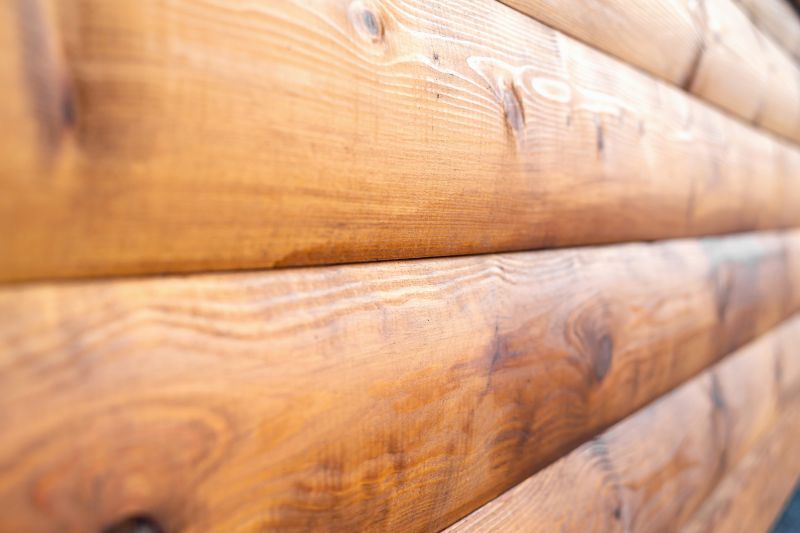
Spring offers ideal conditions for staining as temperatures rise and humidity decreases.
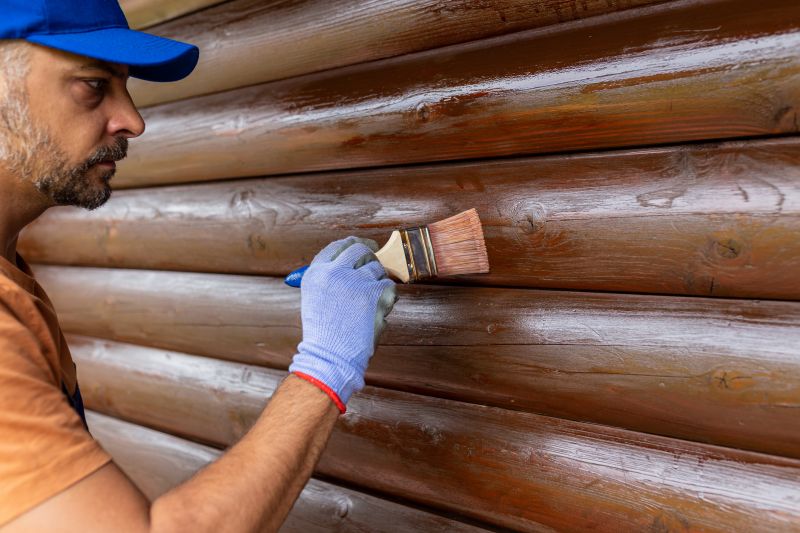
Summer requires careful planning to avoid high heat and humidity that can affect stain application.
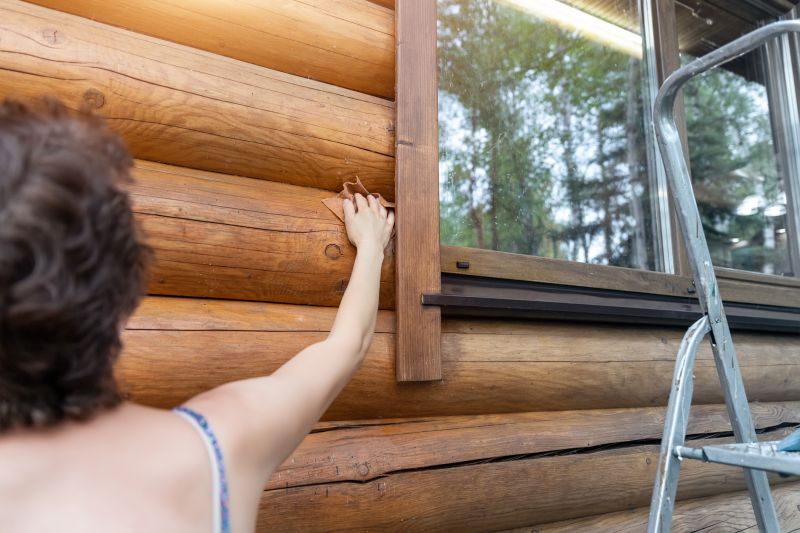
Early fall provides cool, dry weather suitable for staining before winter sets in.
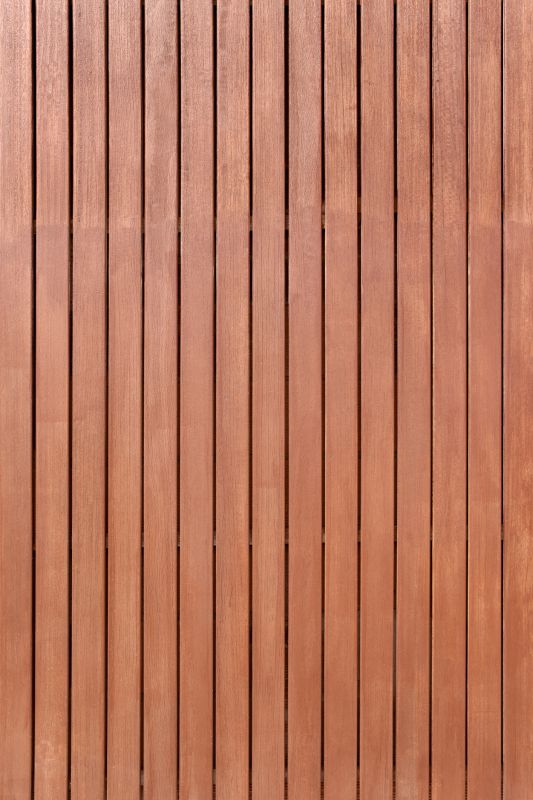
Ways to make Log Siding Stainings work in tight or awkward layouts.
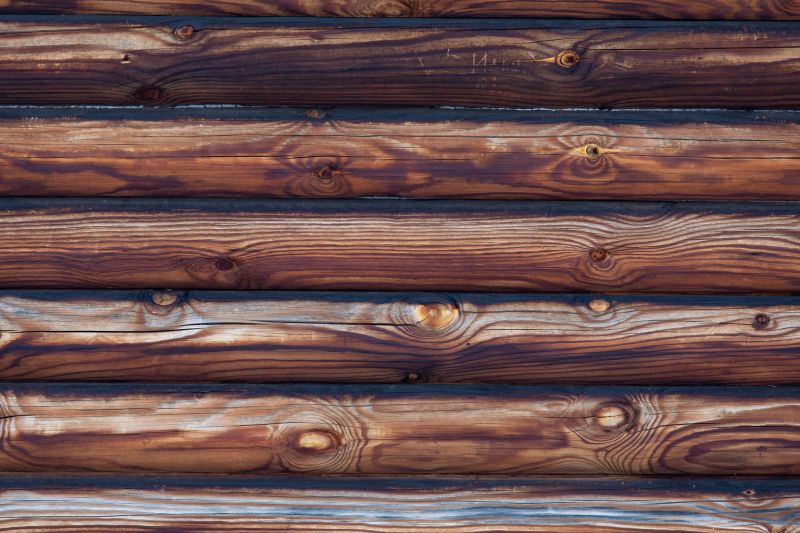
Popular materials for Log Siding Stainings and why they hold up over time.
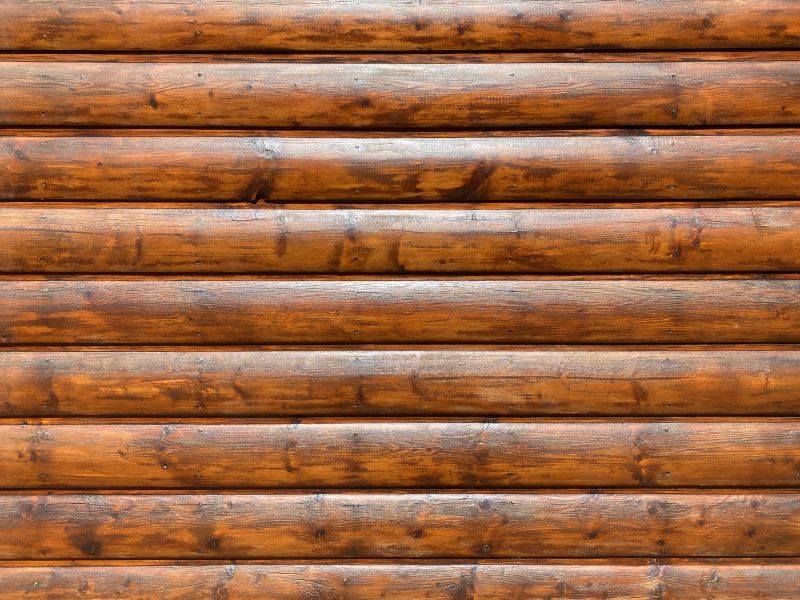
Simple add-ons that improve Log Siding Stainings without blowing the budget.
| Season | Recommended Conditions |
|---|---|
| Spring | Moderate temperatures, low humidity, dry weather |
| Summer | Avoid peak heat, ensure dry conditions |
| Fall | Cool, dry, stable weather |
| Winter | Not recommended due to cold and moisture risks |
Log siding stainings enhance the appearance and longevity of logs by providing a protective barrier against weathering elements. Proper timing and application techniques are essential for optimal results. Staining during appropriate weather conditions prevents issues such as peeling, uneven absorption, and premature wear. Regular maintenance, including re-staining every few years, helps preserve the logs' integrity and appearance.
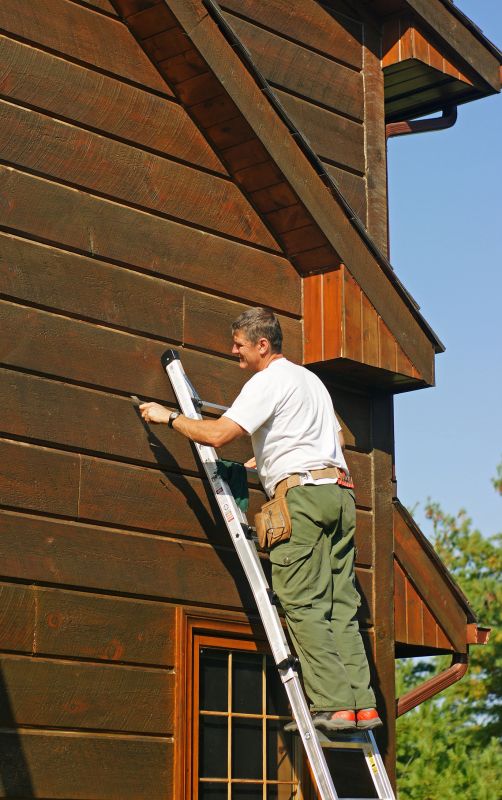
Proper application techniques ensure even coverage and long-lasting protection.
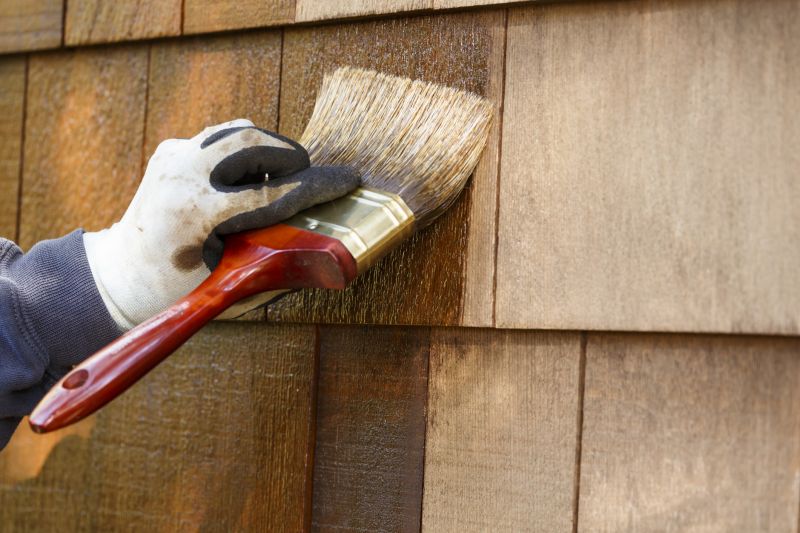
Brushes, rollers, and sprayers are common tools for applying log siding stainings.
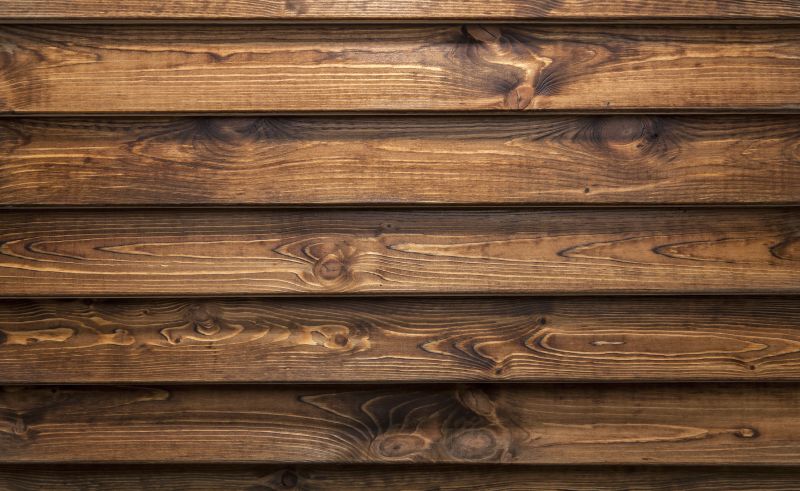
A well-stained log siding showcases enhanced color and protection.
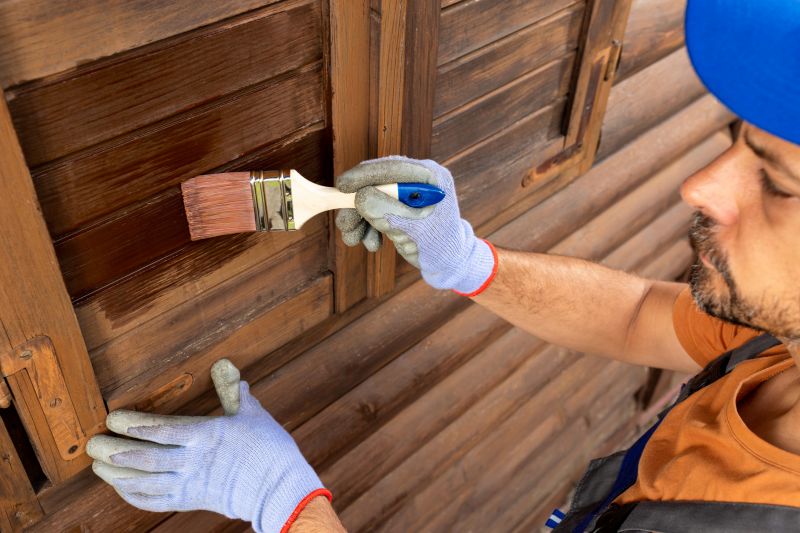
Regular inspections and re-staining extend the lifespan of log siding.
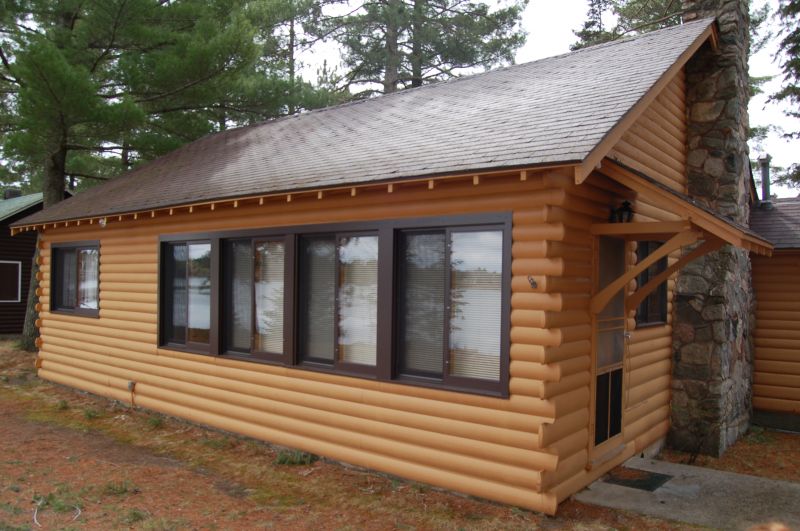
High-end options that actually feel worth it for Log Siding Stainings.
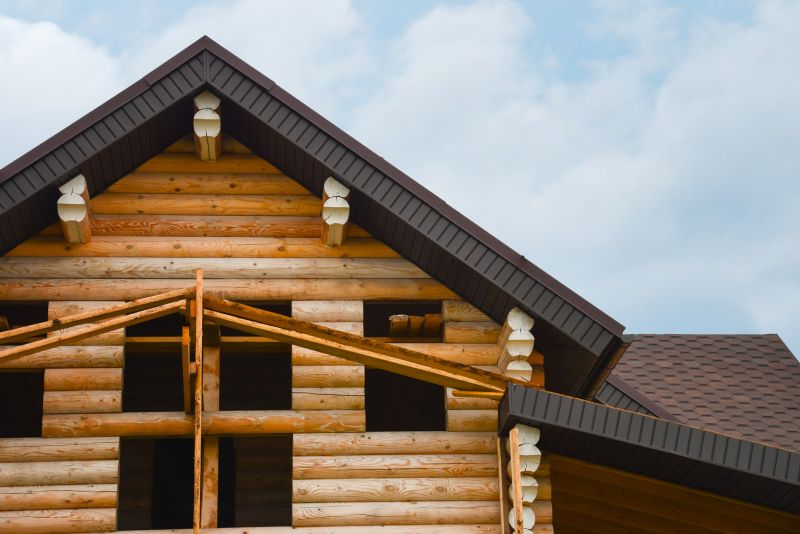
Finishes and colors that play nicely with Log Siding Stainings.
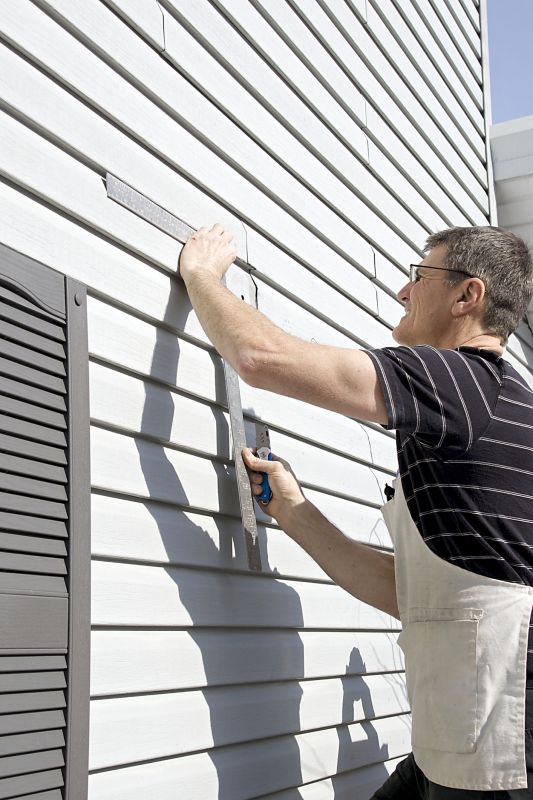
Little measurements that prevent headaches on Log Siding Stainings day.
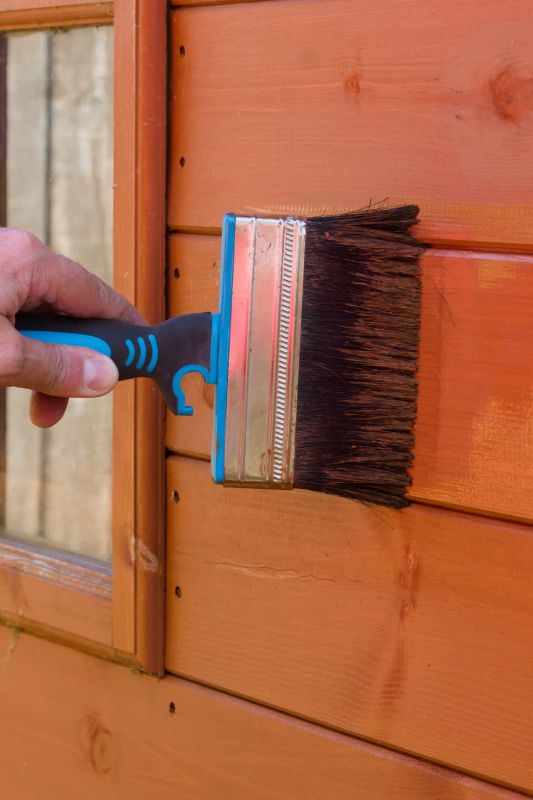
A 60-second routine that keeps Log Siding Stainings looking new.
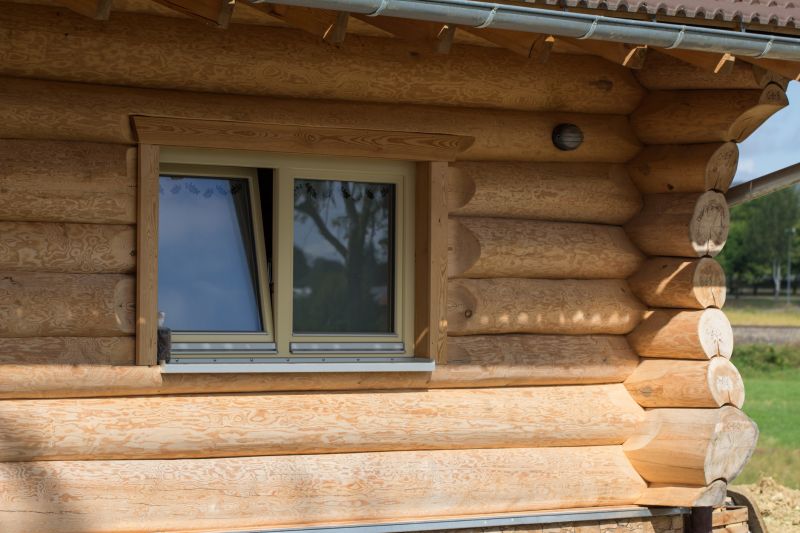
A frequent mistake in Log Siding Stainings and how to dodge it.
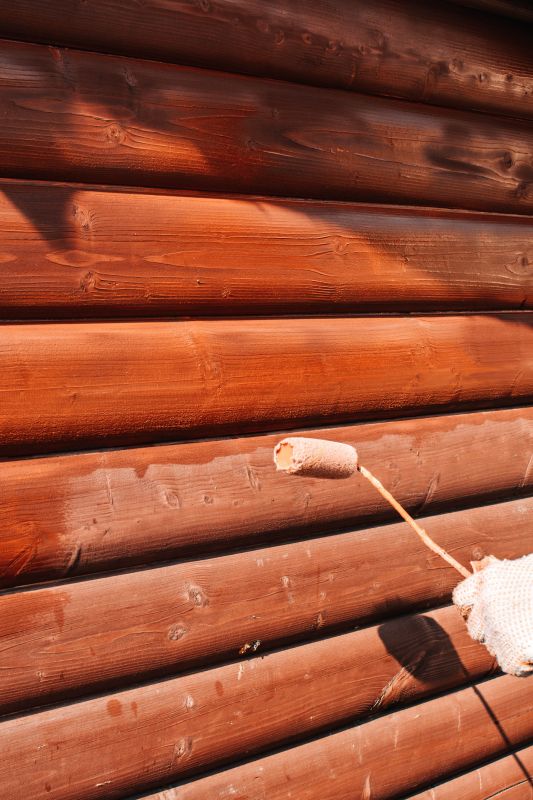
Small tweaks to make Log Siding Stainings safer and easier to use.
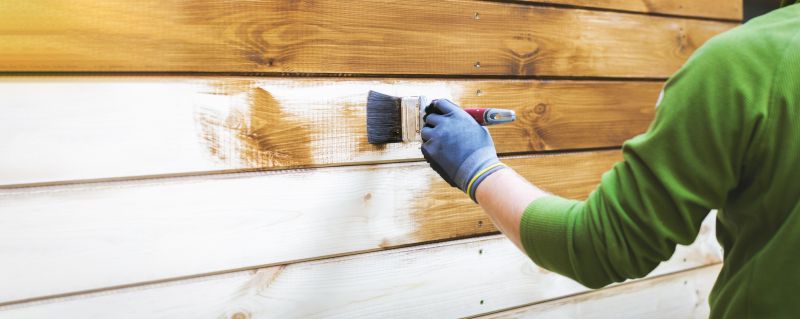
Lower-waste or water-saving choices for Log Siding Stainings.
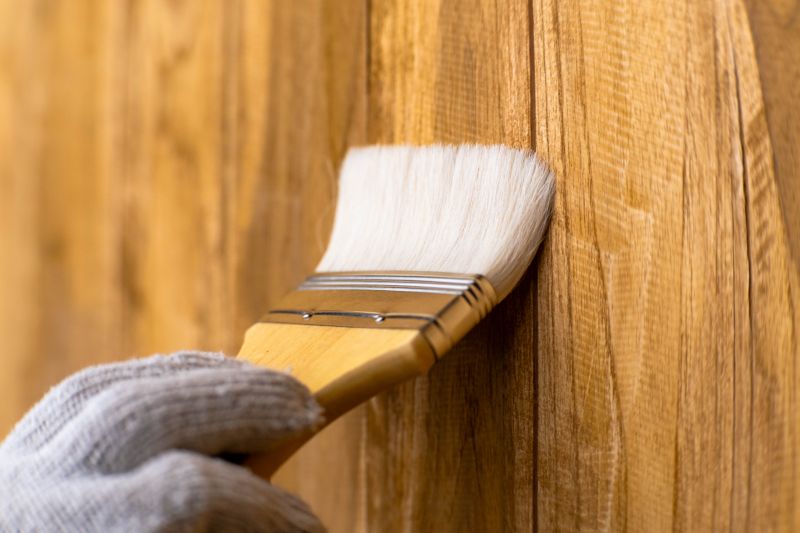
The short, realistic tool list for quality Log Siding Stainings.
Interested parties are encouraged to contact for more information about scheduling log siding stainings. Proper timing, preparation, and application contribute to the durability and aesthetic appeal of log exteriors.
